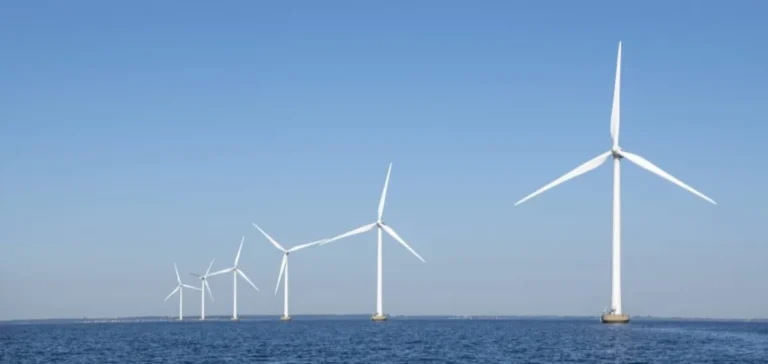The European Commission has validated a French scheme amounting to EUR 11bn ($11.9bn) to support the creation and operation of three floating wind farms with a total capacity of 1.5 GW. This programme falls within the Clean Industrial Deal State Aid Framework (CISAF) and is intended to help meet the energy targets set by France for 2030.
A structured 20-year public financing
The public support will take the form of direct assistance through bilateral Contracts for Difference (CfD), awarded after a competitive bidding process. Each maritime zone will have a single winner, selected according to supply chain resilience criteria to reduce dependence on certain markets, particularly China. This measure aims to stimulate domestic production of turbines and components by ensuring diversification of suppliers for the entire floating wind sector.
The three targeted projects include one site off the coast of South Brittany and two others in the Mediterranean. Each is planned to have a capacity of around 500 MW and an estimated annual production of 2.2 TWh, equivalent to the yearly consumption of 450,000 French households.
Tenders and sectoral ramp-up
The AO9 tender, launched in July 2024, concerns four new sites for floating wind. Twelve candidates have been pre-qualified by French authorities, illustrating the industrial sector’s interest in these opportunities. This process aims to strengthen the structure of the national sector while meeting European requirements for supply security and industrial sovereignty.
In June 2025, France saw the full commissioning of its first floating wind pilot project. The Provence Grand Large project, equipped with three Siemens Gamesa 8 MW turbines, is located 17 kilometres from Port-Saint-Louis-du-Rhône and has a capacity of 25 MW. This pilot site marks a key step for the scale-up of floating wind in France and for demonstrating the technological viability of this industry.
Industrial outlook and national capacities
The European validation of this public financing comes in a context of increased international competition and industrial sovereignty challenges. The European Commission highlighted that resilience and diversification of supply chains were included as criteria to strengthen sector robustness. The development of floating wind is expected to enable France to consolidate its position in the European energy market while supporting its long-term production targets.






















